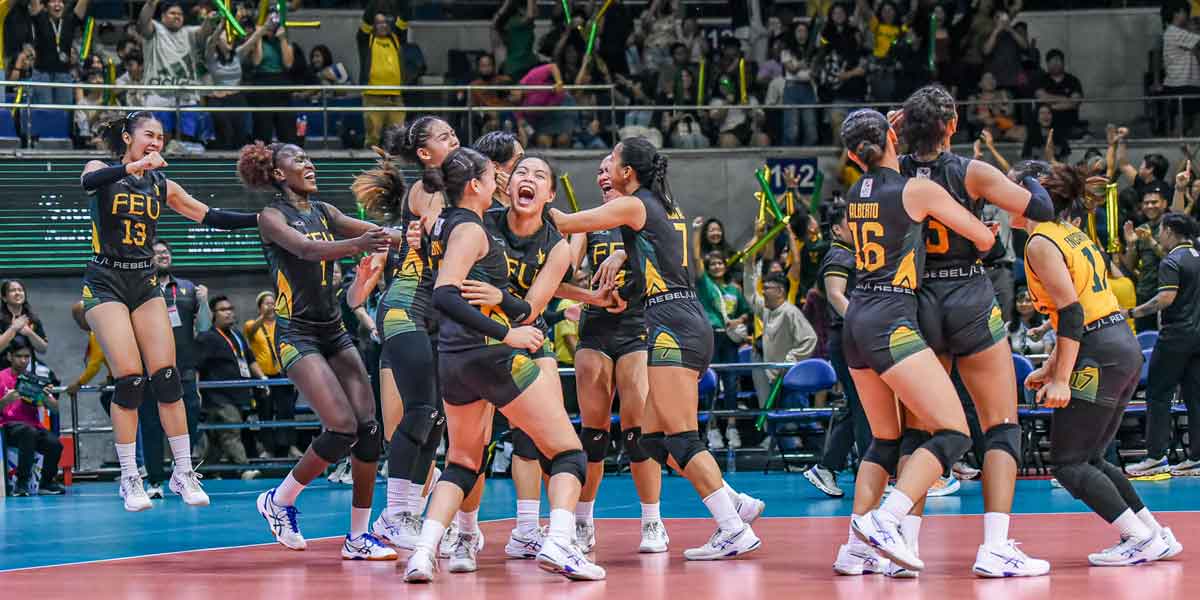 By Atty. Eduardo T. Reyes III
By Atty. Eduardo T. Reyes III
Covid-19 is hitting hardest and right at the very core of humanity by shredding the fabric of interpersonal relationships. Social distancing measures, governmental restrictions on travel, prohibitions on group gatherings, imposition of curfew hours, and mandatory quarantining, are tearing away at human relationships and togetherness. And the severity of the pandemic conjures an even larger dimension when the factual separation takes place between the parents of a minor child resulting in the child to become a victim of a tug-of-war in respect to his/ her custody.
Conventional wisdom holds that a child who grows up in a broken home is emotionally-scarred; but psychology experts opine that this is a much better environment than one where the parents may be physically together but are in perpetual hostilities at home and the children are caught in the crossfire. The latter scenario will result in an even more serious psychological-battering of the child’s psyche.
When the home is torn-apart and the child has to go one way or the other, who enjoys the right to get custody of the child?
The answer lies in the legal status of the child.
For children whose parents are married and are therefore legitimate, both parents are joint-custodians of the minor children. Thus, for children over seven years old, they can choose to which parent they want to tag along with. The Family Code however, qualifies that children who are seven (7) years old or below are deemed to have chosen the mother and they have to go with her.
While as to children whose parents are not married – meaning they are illegitimate-, the law provides that the sole parental authority belongs to the biological mother. Thus, as held in Renalyn A. Masbate et al v. Ricky James Relucio, G.R. No. 235498, 30 July 2018, “As a general rule, the father and the mother shall jointly exercise parental authority over the persons of their common children. However, insofar as illegitimate children are concerned, Article 176 of the Family Code states that illegitimate children shall be under the parental authority of their mother”. When a child is illegitimate therefore, the so-called “right of choice” that is accorded to a legitimate child; does not apply, as the illegitimate child has to live and be under the sole custody of the mother for the duration of his/ her minority.
But this rule that the mother gets to keep in her custody the minor illegitimate children is not a hard and fast rule. The rule yields to some compelling reasons which jurisprudence consider as grounds to take custody away from the mother. “According to jurisprudence, the following instances may constitute “compelling reasons” to wrest away custody from a mother over her child although under seven (7) years of age: neglect, abandonment, unemployment, immorality, habitual drunkenness, drug addiction, maltreatment of the child, insanity or affliction with a communicable disease”.(Renalyn A. Masbate et al v. Ricky James Relucio, G.R. No. 235498, 30 July 2018).
Tellingly, these “compelling reasons” that case law mentions involve conditions which are either triggered by the conscious or deliberate acts of the mother and those which she may have been afflicted with for no fault of her own. Thus, acts of neglect, abandonment, immorality, habitual drunkenness, drug addiction and maltreatment of the child are factors that can be said to have been caused by the mother’s own doing. However, the other compelling reasons (ie., unemployment, insanity or affliction of a communicable disease) are reasons which could be beyond the control, if not conditions for which the mother could be deemed totally blameless; and yet, they constitute as grounds to take custody of the minor children away from her. (Without wishing for any mother to be infected with covid-19, but once any mother does, that could constitute as a “communicable disease” that would be a compelling reason to deprive her of custody of her children).
When this happens, who gets custody of the minor illegitimate children?
Going back to the case of Renalyn A. Masbate et al v. Ricky James Relucio, G.R. No. 235498, 30 July 2018, the Supreme Court declared that “In the event that Renalyn is found unfit or unsuitable to care for her daughter, Article 214 of the Family Code mandates that substitute parental authority shall be exercised by the surviving grandparent. However, the same Code further provides in Article 216 that “[i]n default of parents or judicially appointed guardian, the following persons shall exercise substitute parental authority over the child in the order indicated:
Article 216. xx x
(1) The surviving grandparent as provided in Art. 214;
(2) The oldest brother or sister, over twenty-one years of age, unless unfit
or disqualified; and
(3) The child’s actual custodian, over twenty-one years of age, unless unfit or disqualified”.
Zeroing in on paragraph 3 which refers to “the child’s actual custodian, over 21 years of age, who is not unfit or disqualified”, this envisages any competent person- to include the uncles and aunts or other relatives of the minor child who has actual custody over him/ her.
But does the biological father come within the purview of paragraph 3 that contemplates of “the child’s actual custodian, over 21 years of age, who is not unfit or disqualified”? It should be recalled that as earlier mentioned, an illegitimate child does not get “the right of choice” to which parent to go along with because minor illegitimate children are always deemed to be under the sole parental authority of the mother.
The Supreme Court in a more pragmatic, sensible and compassionate ruling, pronounced that: “The Court cannot close its eyes to the sad reality that not all fathers, especially those who have sired children out of wedlock, have risen to the full height of a parent’s responsibility towards his offspring. Yet, here is a father of an illegitimate child who is very much willing to take on the whole gamut of parenting. He, thus, deserves, at the very least, to be given his day in court to prove that he is entitled to regain custody of his daughter.” (Renalyn A. Masbate et al v. Ricky James Relucio, G.R. No. 235498, 30 July 2018).
Indeed, the father of the illegitimate children is not disqualified by law to take custody of his minor illegitimate children in the event that the mother is found to be unfit for grounds considered as “compelling reasons”.
Stories like these are heartrending and cannot be resolved with facile reasoning. The law and jurisprudence always place in the highest echelons of priority of the family courts, “the best interest of the children”. Decoupling of the parents are a baleful phenomenon in the life of the children. With the pandemic bringing about untold anxiety on the heels of physical distancing measures, marital relationships may founder and families torn-apart that can spawn child custody issues. The family court will be the last bulwark that can assuage the dire situation. It may not have been there as a hand that rocked the cradle during the children’s infancy; but by its rulings, the family court can surely tighten society’s grip on the nursery of the future generation.
(Atty. Eduardo T. Reyes, III is the senior partner of ET Reyes III & Associates- a law firm based in Iloilo City. He is a litigation attorney, a law professor and a law book author. His website is etriiilaw.com).

























